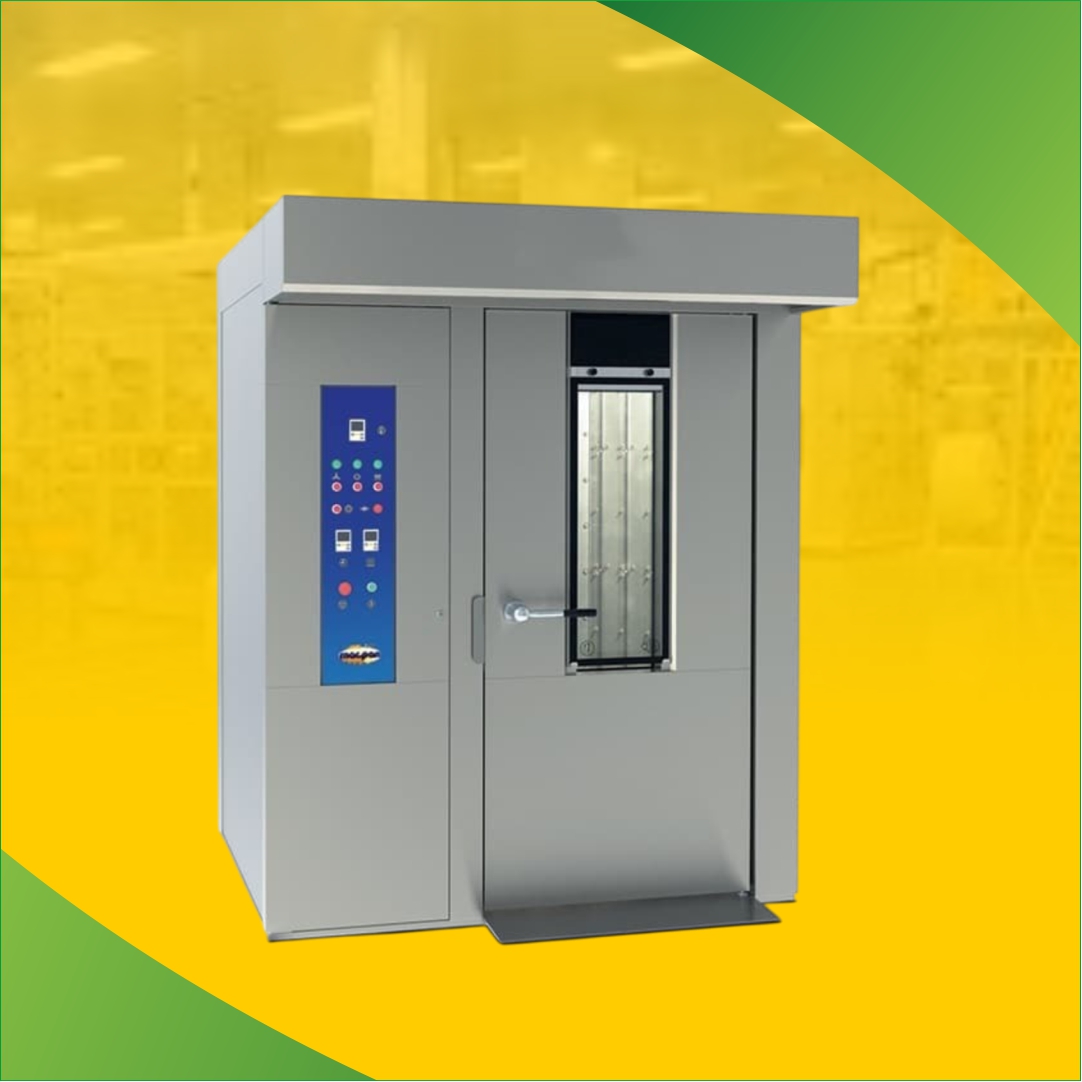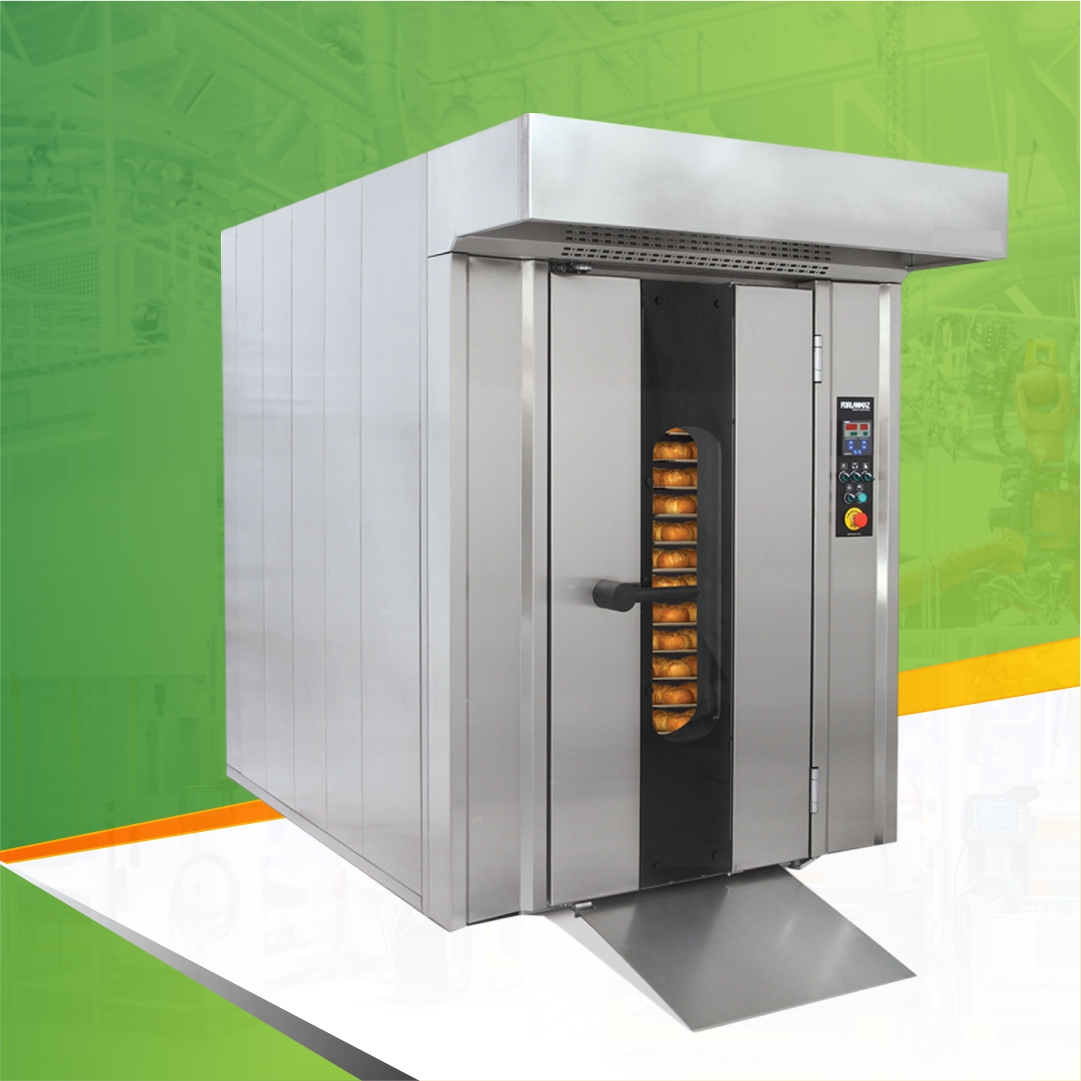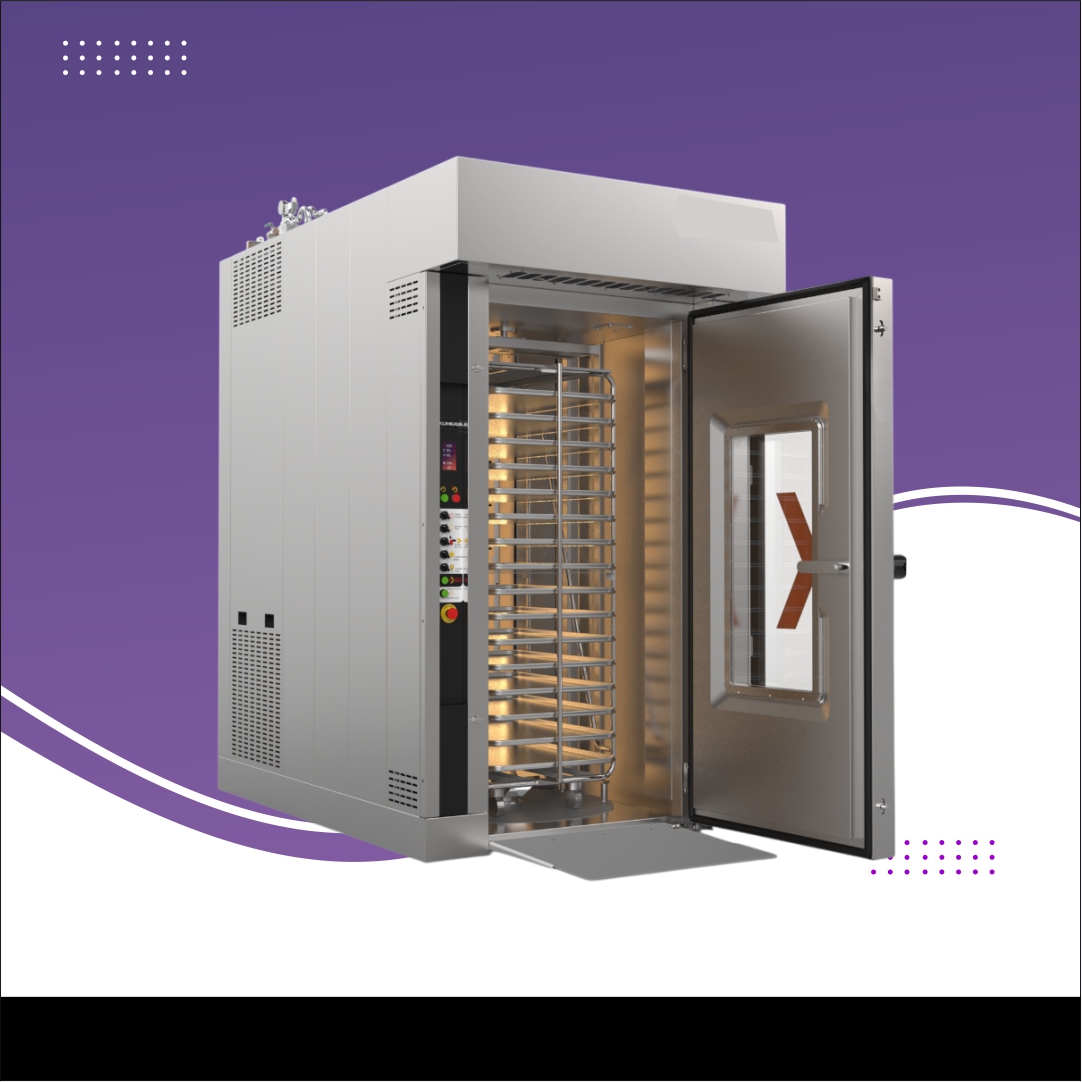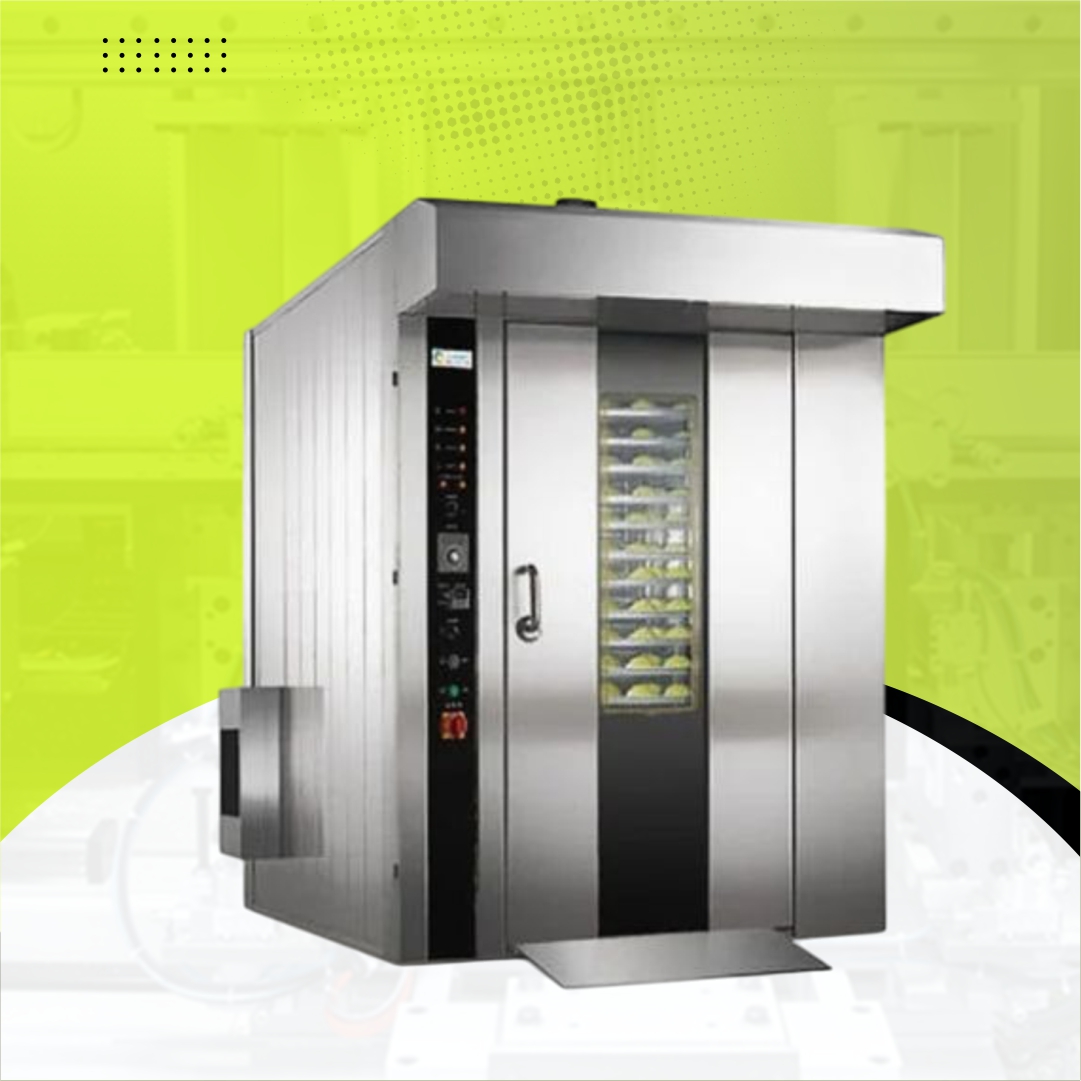Paper Plate Machines
- Double Die Paper Plate Machine
- Fully Automatic Paper Plate Machine
- Hydraulic Paper Plate Machine
- Paper Plate Making Machines
- Single Die Paper Plate Making Machine
Notebook Making Machine
- Notebook Cutting Machine
- Notebook Edge Squaring Machine
- Notebook Making Machine
- Notebook Spiral Binding Machine
- Notebook Stitching And Folding Machine
- Notebook Stitching Machine
Incense Making Machines
- Automatic agarbatti making machine
- Camphor Tablet Making Machine
- Dhoopbatti Making Machine
- Manual agarbatti making machine
Food Processing Machine
- BREAD SLICER MACHINE
- 4 BOLT OIL EXPELLER MACHINE
- 6 bolt oil expeller machine
- 9 BOLT OIL EXPELLER MACHINE
- Atta Chakki Machine
- Automatic paneer press machine
- Automatic rice mill with polisher
- Besan Making Machine
- Cattle feed machine
- Centrifugal chalna seperator
- Chapati Making Machine
- COLD PRESS OIL EXPELLER MACHINE
- Cotton Candy Making Machine
- Dal dryer machine
- Dal polisher machine
- Fully automatic noodles making machine
- Khoya Making Machine
- Kurkure Making Machine
- Kurkure roaster machine
- Laddu making machine
- Malli machine
- Masala coating machine
- Masala Making Machine
- Mini oil expeller machine
- Mini Rice Mill Machine
- Momos Making Machine
- Mustard Oil Expeller Machine
- Namkeen making machine
- Noodles Making Machine
- Oil And Hydro Dryer Machine
- OIL FILTER MACHINE
- Paneer press machine
- Pani Puri Making Machine
- Papad making machine
- Pasta Making Machine
- Planetary mixer machine
- Popcorn making machine
- Potato peeler machine
- Potato slicer machine
- RASGULLA MAKING MACHINE
- Soda vending machine
- Sugarcane juice machine
- Tomato Sauce Making Machine
Other Machines
- Concrete Vibrating Machine
- Automatic slipper machine
- Concrete Mixing Machine
- Cotton Wick Machine
- Hydraulic Press Brick Making Machine
- Ladies Bindi Making Machine
- Manual slipper machine
- Mini chaff cutter machine
- Paper cup making machine
- Sambrani cup making machine
- Sanitary Pad Making Machine
- Tissue Paper Making Machine
- Wire nail grinder machine
- Wire Nail Making Machine
- Wire nail polishing machine
Packing Machines
Detergent Making Machines
Rotary Oven Machine
- 12 tray rotary oven
- 18 tray rotary oven
- 24 tray rotary oven
- 36 tray rotary oven
- 42 tray rotary oven
- 84 tray rotary oven
18 tray rotary oven
Price: ₹ 430000
| Product Generic Name |
rotary oven |
|---|---|
| Minimum Order Quantity |
1 Piece |
| Brand Name |
Customized |
| Body Material |
SS |
| Usage/Application |
For rotary oven |
Add To Cart
The 18 Tray Rotary Oven is a powerful and efficient baking solution designed for large-scale commercial bakery operations. Perfect for baking bread, buns, cakes, cookies, and biscuits, this oven features a rotating rack system that ensures uniform heat distribution and consistent baking quality across all trays.
Constructed with high-grade stainless steel and equipped with advanced insulation, digital controls, and safety features, the 18 tray rotary oven is available in diesel, gas, or electric models. It offers high output and reliability for demanding bakery environments.
Key Features:
-
Capacity: 18 trays (16”x24” or customized sizes)
-
Heating Options: Diesel, Gas, or Electric
-
Rotating Rack System for even baking
-
Digital Temperature & Timer Control for precision
-
Double Glass Viewing Window for monitoring
-
Heavy-duty Insulation to retain heat and save energy
-
SS Body Construction for hygiene and long-term use
-
Large Batch Capacity – Ideal for mass production of baked goods.
-
Uniform Baking Quality – Rotating system ensures consistent browning and texture.
-
Versatile Application – Suitable for a wide range of bakery items like bread, cookies, and pastries.
-
Energy-Efficient Design – Optimized fuel or electric consumption with excellent insulation.
-
Durable Build – Stainless steel body and robust components for long operational life.
-
Easy Operation – Intuitive digital controls and programmable settings.
-
Low Maintenance – Smooth cleaning process with easily accessible parts.
1. What is a Rotary Oven, and how does it differ from conventional ovens in terms of design and functionality?
A Rotary Oven is a type of industrial baking oven where trays are loaded into a rotating drum. The drum rotates inside the oven chamber to ensure uniform heat distribution around the products. Unlike conventional ovens, which use static heating elements, rotary ovens provide consistent baking by moving the product for even exposure to heat.
2. How does a Rotary Oven ensure uniform baking and prevent uneven heat distribution?
The rotating drum inside the Rotary Oven ensures that products are continuously exposed to heat from all sides. This rotation eliminates hot spots and ensures uniform baking, making it ideal for consistent results in large-scale production environments.
3. What are the key advantages of using a Rotary Oven over other baking equipment?
-
Even baking: The rotating drum ensures uniform heat distribution.
-
Energy efficiency: The design minimizes heat loss.
-
High capacity: Can handle large quantities of products at once.
-
Versatility: Ideal for baking bread, cakes, pastries, and other baked goods.
4. How does the temperature control system work in a Rotary Oven, and is it customizable for different products?
A Rotary Oven typically features an advanced temperature control system with digital thermostats and humidity control. This allows operators to adjust the temperature to suit different types of baked goods. Customization options are available for specific recipes or product requirements.
5. Can a Rotary Oven be used for different types of baked goods, or is it limited to certain products?
Yes, a Rotary Oven is versatile and can be used for a wide range of baked goods, including bread, cakes, cookies, pastries, and even pizzas. The machine can be adjusted to suit different baking times and temperatures based on the specific product.
6. What is the typical energy consumption of a Rotary Oven, and how does it compare to other types of ovens?
The energy consumption of a Rotary Oven is relatively efficient due to its uniform heat distribution and ability to maintain consistent temperatures. Compared to conventional ovens, rotary ovens are often more energy-efficient, as they reduce heat loss and minimize baking time.
7. What is the average lifespan of a Rotary Oven, and what factors contribute to its durability?
A Rotary Oven can last 10-15 years with proper maintenance. Factors contributing to durability include the quality of materials, frequency of use, and regular servicing of components such as the drum, motor, and temperature controls.
8. What are the different types of Rotary Ovens available, and how do I choose the right one for my business?
There are different types of Rotary Ovens, including:
-
Gas-powered Rotary Ovens: Offer quick heat-up times and are energy-efficient.
-
Electric Rotary Ovens: Provide more precise temperature control, ideal for delicate products.
-
Combination Rotary Ovens: Can operate on both gas and electricity for versatility.
When choosing a Rotary Oven, consider factors like production volume, energy source preferences, space availability, and the types of products you will bake.
9. How much does a Rotary Oven typically cost, and what factors influence its pricing?
The cost of a Rotary Oven can range from a few thousand dollars to tens of thousands, depending on its size, features, and energy source. Factors influencing the price include capacity, brand, customization options, and whether it's gas or electric-powered.
10. Can a Rotary Oven be integrated with other baking equipment in a production line?
Yes, Rotary Ovens can be integrated into an automated baking line with other equipment such as mixers, proofers, and packaging machines. This integration improves workflow efficiency and helps streamline large-scale production processes.
11. Are there any safety concerns to be aware of when using a Rotary Oven in a commercial setting?
Safety concerns include:
-
Burn hazards due to high temperatures.
-
Proper ventilation to avoid overheating or gas buildup (for gas-powered ovens).
-
Electrical safety to prevent accidents with electric components.
Regular safety training for operators and routine safety checks help mitigate these risks.



